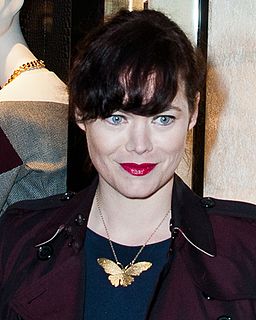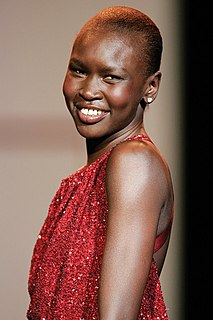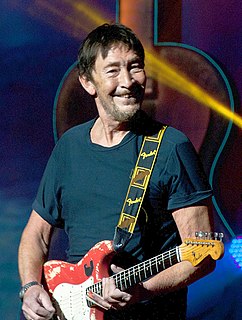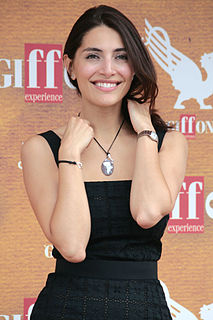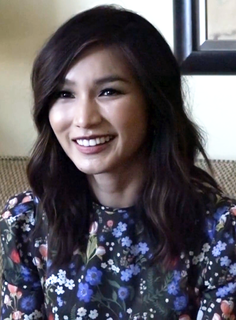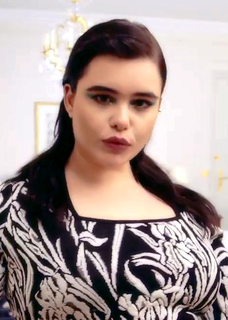A Quote by Jasmine Guinness
People have always assumed that I am privileged. And that has been a problem sometimes. When I first started modelling, and I was schlepping around London with no money, I found it rather irksome that people thought I had a private income when I didn't.
Related Quotes
There is this fashionable progressive notion that everything is so completely political that the idea we could have some sort of neutral legal process is practically utopian - because we all know that the more money you have, the more rights you can exercise in this society. But I don't think that you deal with income inequality by limiting the First Amendment rights of affluent people. I'd rather see people screw around with the tax code to redistribute wealth a little bit than screw around with the First Amendment.
For the first time in my life, in my mid-20s, I started to question things. Had I been deceived? I thought I had been destined for something great - to be Whitney Houston or Jennifer Holliday or Phylicia Rashad. I started to realize that a lot of people think that, and it doesn't happen for almost everyone.
In those days, in 80th, people were really hungry for information - and, somehow, I had pretty good access because I had friends in London, New York, Los Angeles, everywhere. I'd been visiting many places and talking with people, so I had a constant flow of new info. I sometimes did articles for magazines and things, and people started to say, "If you want to know what's going on, ask Hiroshi." So that was the beginning with Goodenough.
I'd already started directing short films when we were doing 'Lord of the Rings,' then videogame projects. So Peter's known that I've been heading towards directing for a long time. But I always thought my first outing would be a couple of people and a digital camera in the back streets of London somewhere!
I wanted to become an actor. I went to Guildhall School of Music and Drama, which is one of the main drama schools in London where you go when you are older. But I was doing the junior one when I was a kid. And some friends there had agents. I was fourteen and I was like, "I want an agent! It sounds awesome!" I had no idea what that was. I thought those guys looked like men in black. They were hanging around in suits all the time. So I luckily got a very good agent in London and started auditioning. And then when I was 16, I got my first film and I've been working ever since.
It really started after The Long Kiss Goodnight sold for just a sinful amount of money. People were angry that I took the money. People offer you $4 million for a script - what are you going to say? "No, I'd rather sell it for $100,000"? But it engendered so much anger, I lost friends over it. And no one talked about the creative content of anything I did any more. They all just assumed I was this guy with a formula, a hack formula.
Happiness is often presented as being very dull but, he thought, lying awake, that is because dull people are sometimes very happy and intelligent people can and do go around making themselves and everyone else miserable. He had never found happiness dull. It always seemed more exciting than any other thing and capable of as great intensity as sorrow to those people who were capable of having it.
